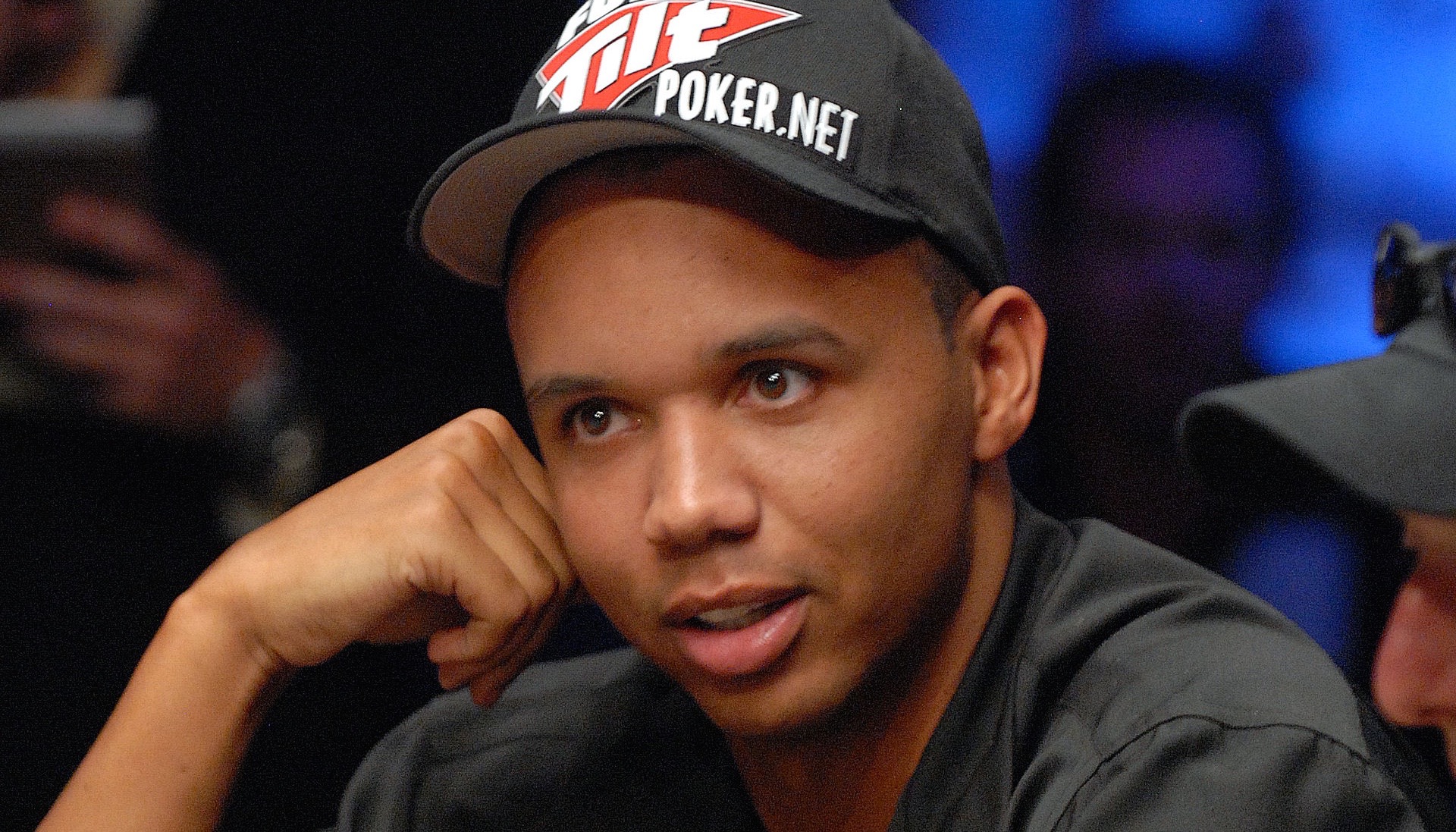Poker Pro Phil Ivey is one of the most accomplished and decorated poker players in the history of the gaming having won 10 World Series of Poker (WSOP) bracelets and more than $23.5 million in career prize money. Ivey’s reputation as an honest poker player has been questioned after the Borgata Casino in Atlantic City and the Crockford Casino in London alleged that Ivey and his playing partner Cheung Yin Sun had cheated while playing at the casino.
The allegations involve Ivey and his partner Cheung using a controversial technique known as ‘edge sorting’ to gain an unfair advantage over the house. Edge sorting is when players are able to find defects or markings in the set of playing cards and then rely on their memory to identify those cards to give them an advantage at the table. Ivey admitted to using edge sorting at both casinos but has denied cheating saying that edge sorting was a unique skill that he had acquired over the years as a gambler.
Ivey and Cheung visited the Mayfair casino during 2013 and played a game called Punto Banco after putting down a deposit of £1 million. Punto Banco is a variant of Baccarat and Ivey and Cheung used edge sorting to win £7.7 million which is over $10 million in US dollars. The Crockford casino informed Ivey that they would transfer his winnings but in the end only transferred the £1 million stake that he had put down. The casino refused to pay his winnings stating that he had won after cheating and Ivey took the casino to court.
The London High Court ruled in favor of the casino during October 2014 much to the disappointment of Ivey who decided to challenge the ruling in the court of appeals in London. Lady Justice Arden from the court of appeals rejected Ivey’s appeal this week and stated that she believed that it wasn’t Ivey’s intention to cheat based on the law found in the Gambling Act of 2005 but by resorting to edge sorting he did indeed break the law and the casino wasn’t responsible for paying him his winnings.
In a statement, Lady Justice Arden “In my judgment, this section provides that a party may cheat within the meaning of this section without dishonesty or intention to deceive: depending on the circumstances it may be enough that he simply interferes with the process of the game. On that basis, the fact that the appellant did not regard himself as cheating is not determinative.”
Phil Ivey has always maintained that his reputation in the industry was a lot more important than his winnings and continues to maintain that he played an honest game and won it fairly.



